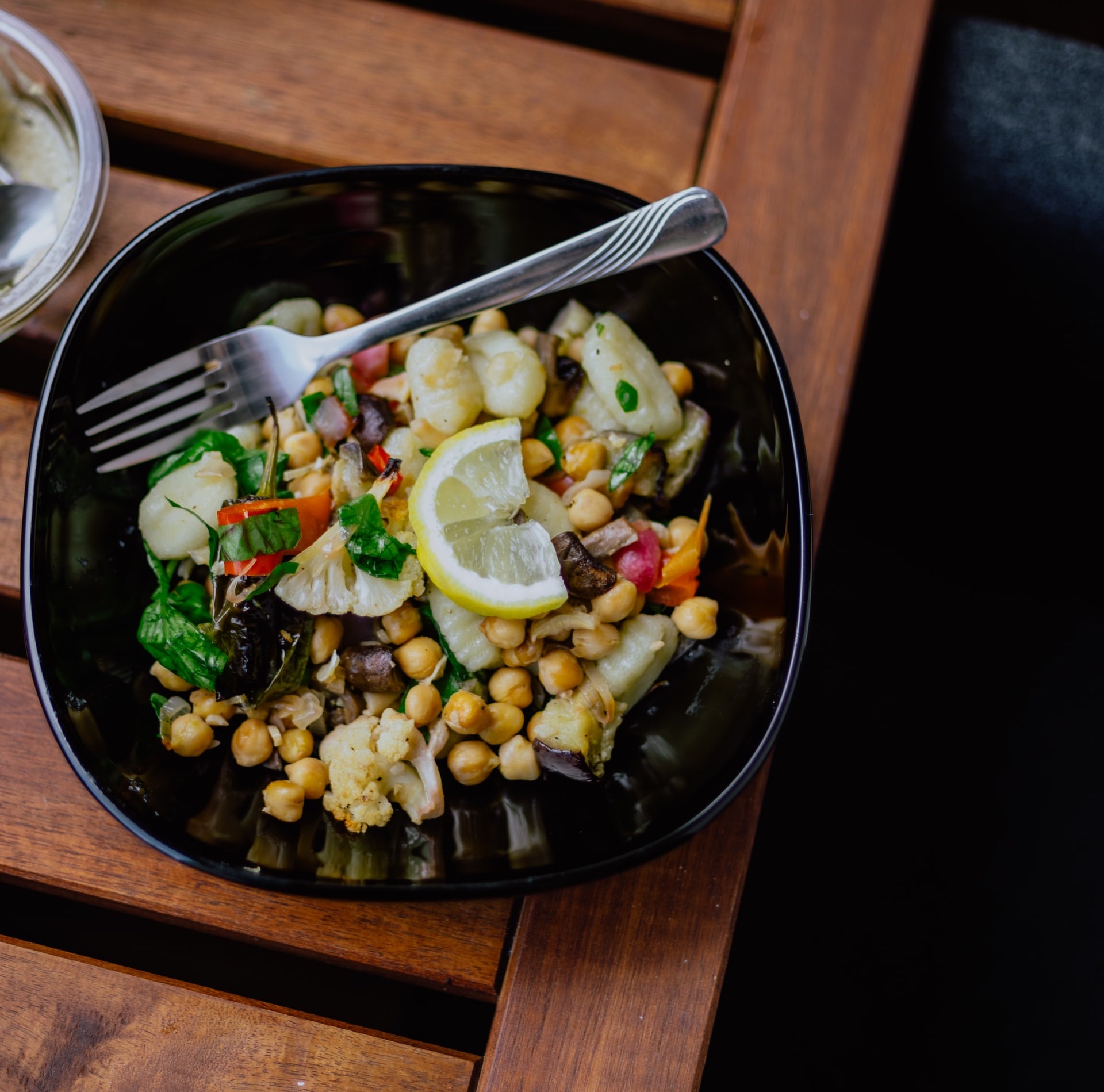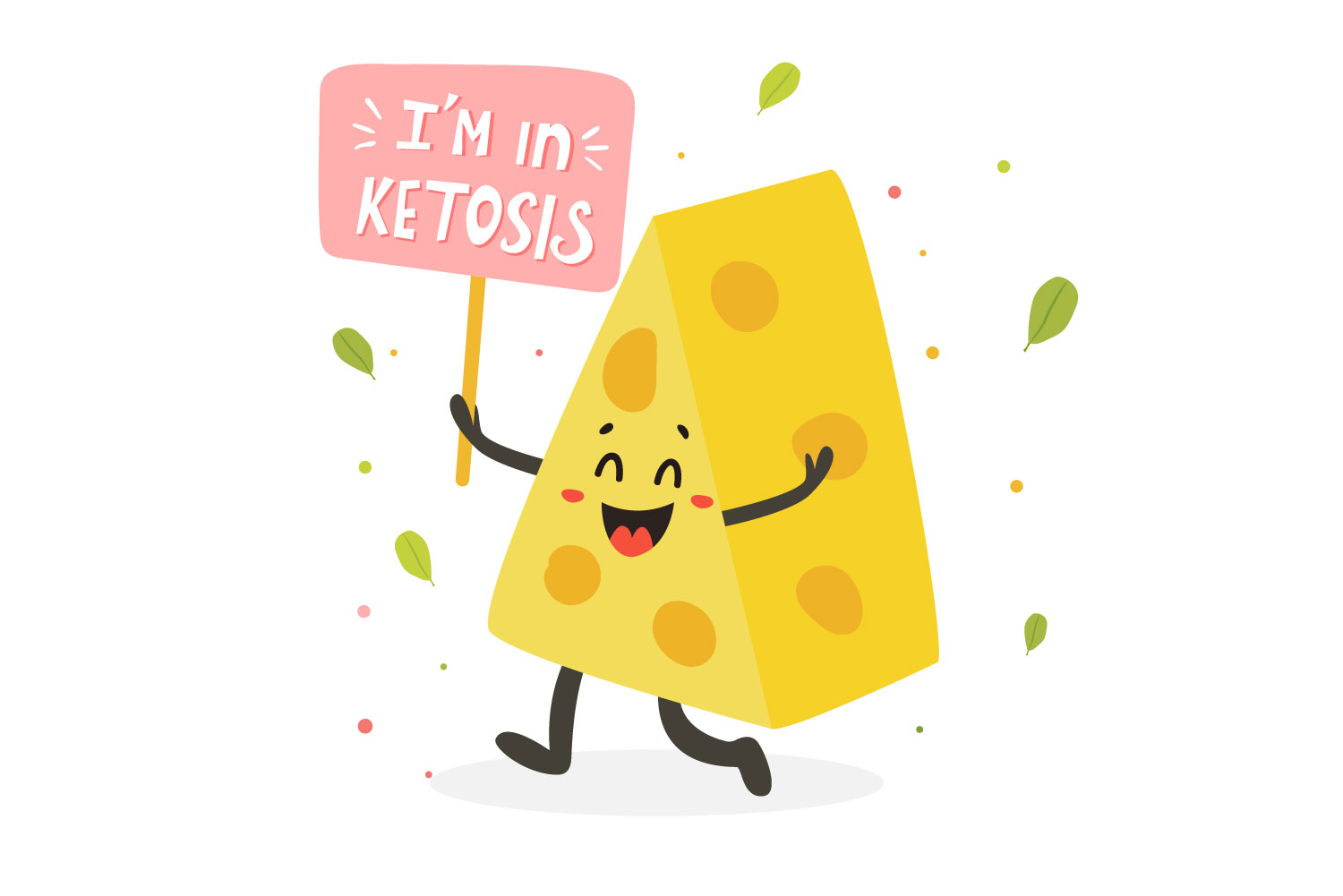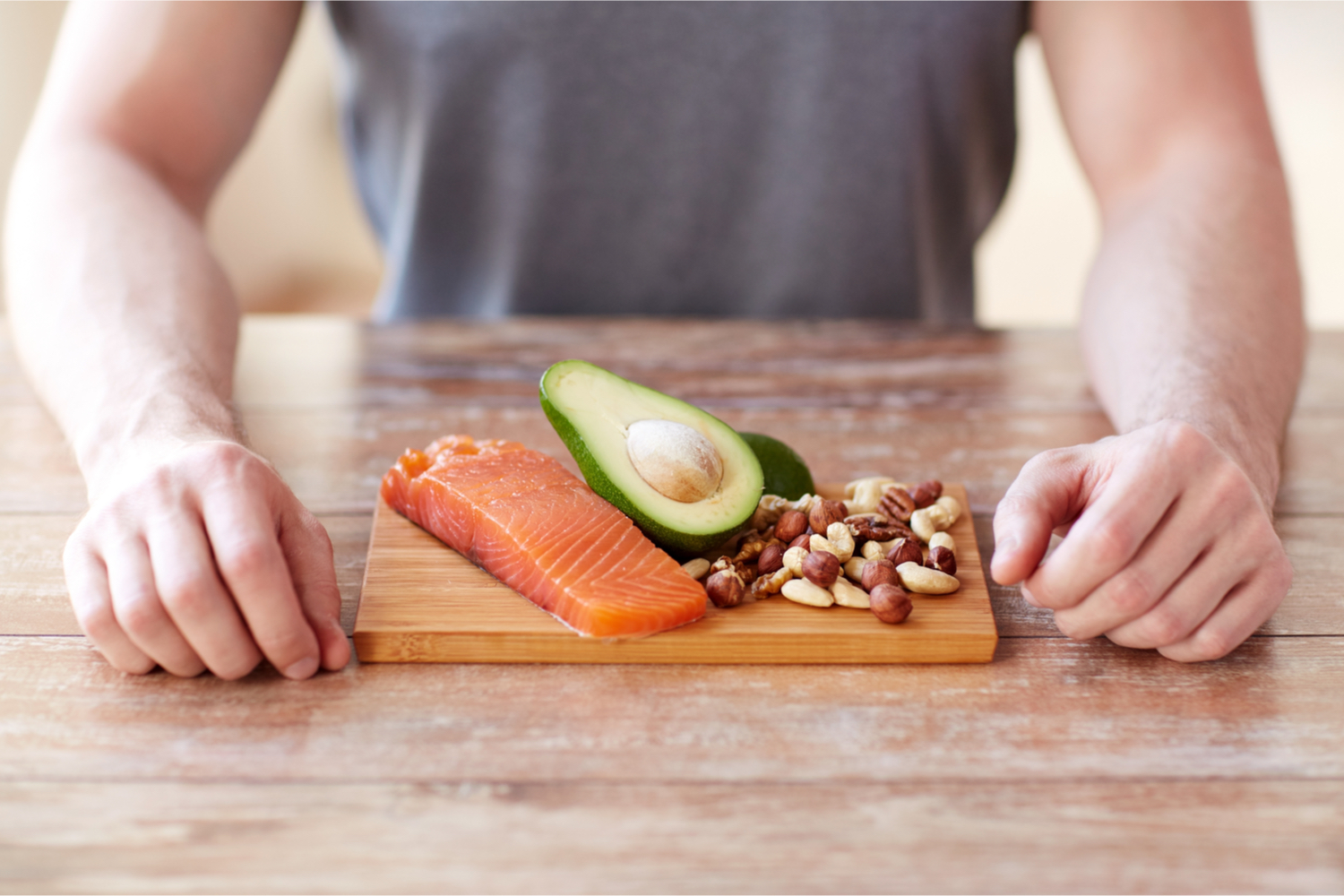SUMMARY
Certain plant-based protein foods support a healthy, low-fat diet. This list of vegan protein items includes beans, pea protein, lentils, low-fat tofu and soy protein powder.
Protein helps the body burn fat and build muscle.
It contains amino acids that are important for health and wellness.
This nutrient is often associated with meat, whey protein and other animal products. Still, animal protein isn’t your only option. There are plenty of plant protein sources you can use to round out your diet.
Some of these plant-based proteins are high in fat, like peanut butter, hemp seeds and nuts. But others provide the protein you need with relatively little fat content.
Let’s look at some plant-based protein foods that work well with a healthy, low-fat diet.
In this article, we will:
- Define low-fat plant-based protein
- List ideal amounts of protein intake
- Share tips on how to select low-fat plant-based protein when grocery shopping
- List the healthiest plant-based proteins for your low-fat diet
What is low-fat plant-based protein?
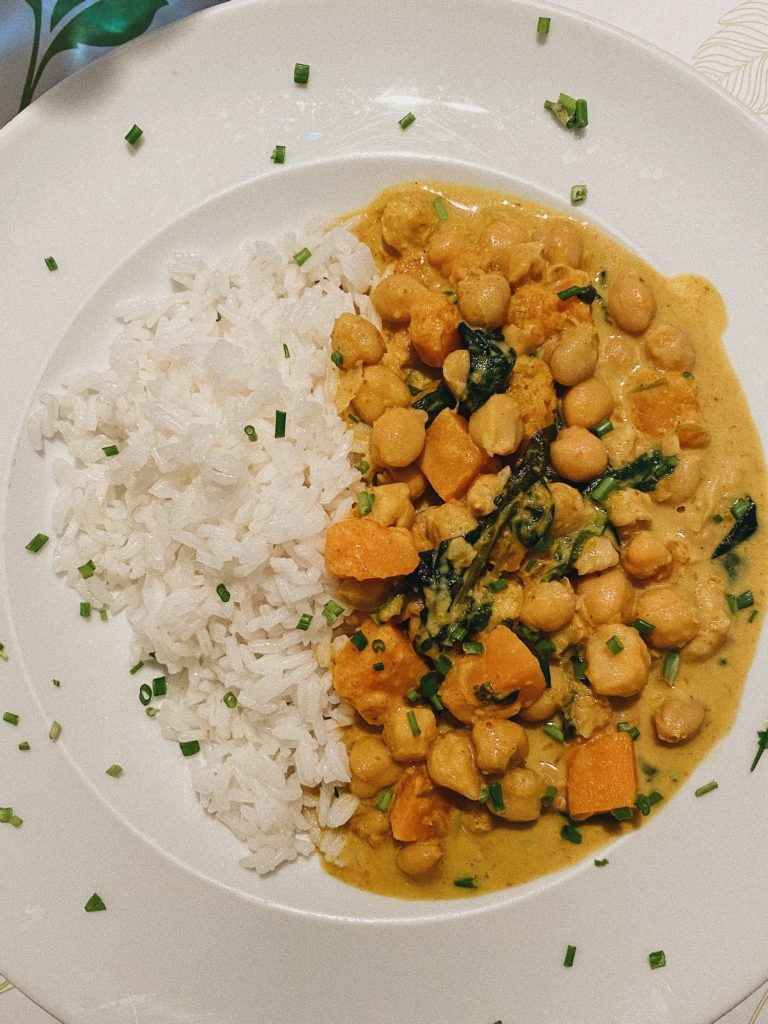
Low-fat plant-based protein is a protein-rich plant food that has very little fat. Protein-rich food can have anywhere from 4 to 15 or more grams of protein per serving.
As we’ve mentioned, some plant-based proteins are high in fat. Take almonds, for example. A cup of whole almonds contains a whopping 29 grams of protein. That makes this food a great source of protein; it’s excellent for upping your amino acid intake. But almonds are also high in fat; you’re adding 73 grams of fat to your diet with one cup. That may be too much for your liking if you’re on a low-fat eating plan.
A cup of almonds contains 825 calories. Of that total, 653 calories come from fat. That means roughly 79 percent of the calories in this protein source come from fat.
There are plant-based protein foods that are a lot lower in fat. Certain choices — like garbanzo beans — get less than 10 percent of their total calories from fat. These plant-based proteins are ideal for a low-fat diet.
How much plant-based protein do I need?
The Dietary Reference Intake (DRI) recommends a protein intake of 0.36 grams per pound of body weight for adults. That means that you need 54 grams of protein each day for healthy eating if you weigh 150 pounds.
Keep in mind that this is the bare minimum needed to support health, and a higher protein intake may be advisable in certain circumstances. For example, protein supports muscle building and is vital for increasing muscle mass. In addition, protein-rich plant food helps with weight loss. If you want to reach either of these health goals, you’ll benefit from exceeding the DRI minimum when planning your diet.
How to select low-fat plant-based protein when grocery shopping
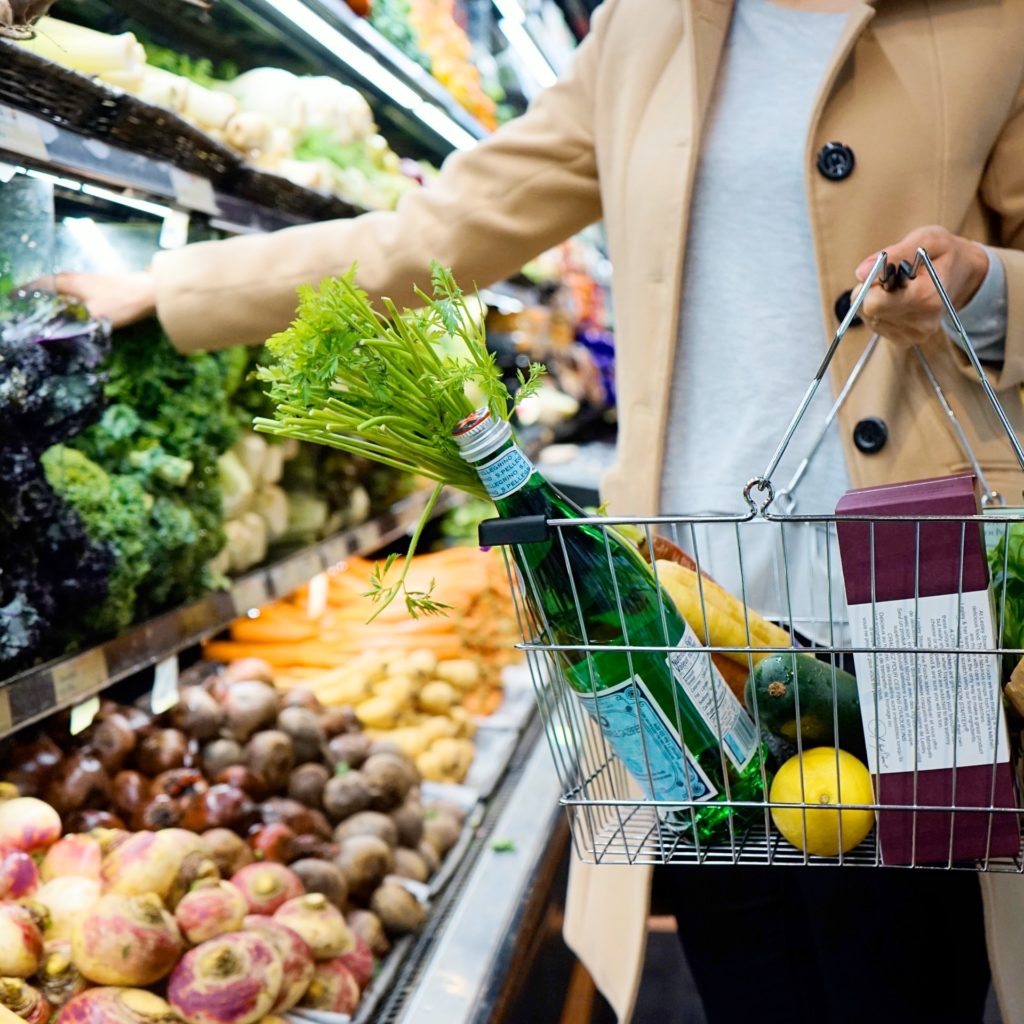
If you’re adding low-fat plant-based protein to your diet, you’ll want to choose the healthiest options available. You’ll need to look at a food’s fat and protein content, but don’t stop there. Consider all the ingredients that each food contains.
Here are some tips for selecting the healthiest plant-based protein foods for your low-fat diet:
1. Choose low-fat plant foods that are good protein sources
If you want to add protein to a low-fat, plant-based diet, you’ll need to make sure the foods you choose have enough protein to make an impact. And of course, these plant-based protein foods also need to be low in fat.
A good rule of thumb is to select those with at least 4 grams of protein per serving when choosing protein foods. And look for foods that get less than 10 percent of their total calories from fat.
2. Avoid highly processed foods, and opt for whole foods
Some low-fat plant-based proteins are highly processed. These foods often have long ingredient lists that contain lots of additives. These additives can be harmful to your health.
To choose the healthiest plant-based protein, look for whole-food options with minimal processing. For example, dry lentils, oats and beans are whole foods that are healthy low-fat protein sources.
In addition to being free of harmful additives, plant-based whole foods contain fiber that supports good digestion.
3. Go organic
Commercially grown plant-based foods often contain pesticides that can harm your health. If you’d rather not include pesticides in your diet, choose plant foods that have been grown organically.
In addition to being pesticide-free, organic foods have another benefit. According to the Mayo Clinic, studies show that organic plant-based foods may have more nutrients than those that have been commercially grown.
Most organic foods are certified by the USDA. Look for the “USDA Organic” seal if you want to purchase foods that are organically grown for healthy eating.
Healthy plant-based protein for a low-fat diet
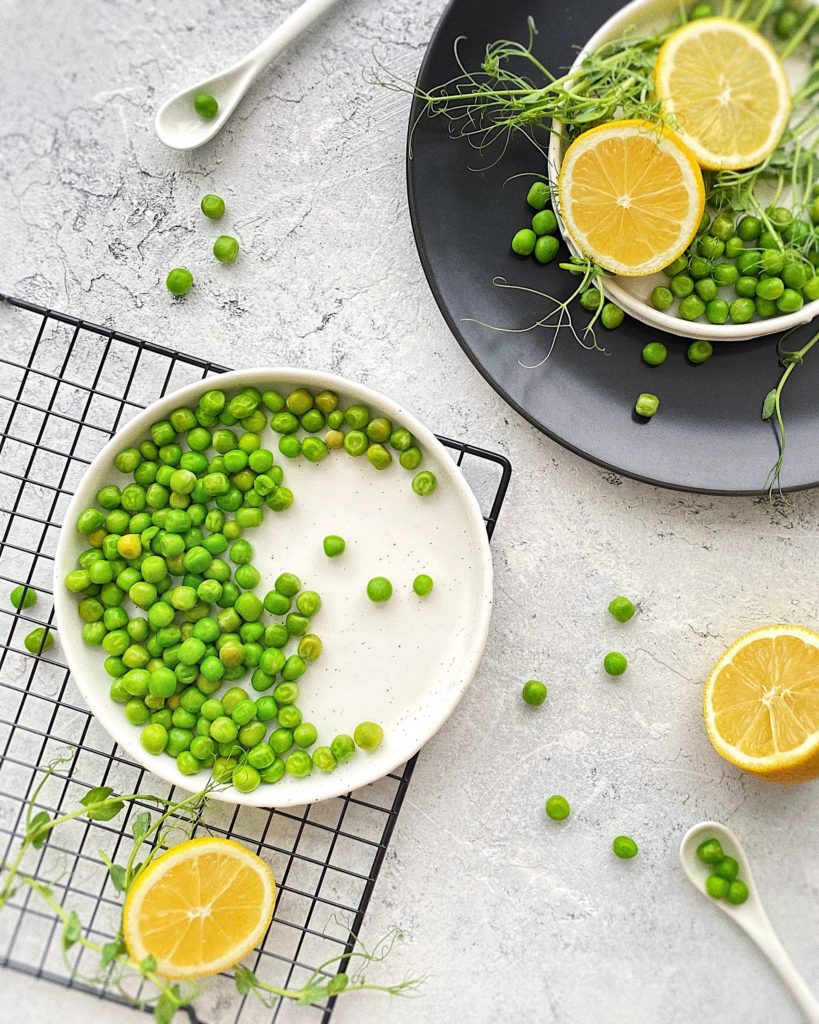
Here are some healthy plant-based protein foods for your low-fat diet. All of the picks listed get less than 10 percent of their total calories from fat:
- Lentils – 18 grams of protein per cup
- Black beans – 16 grams of protein per cup
- Oatmeal – 5 grams of protein per cup
- Soy milk – 6 grams of protein per cup
- Soy protein powder – 23 grams of protein per scoop
- Edamame – 17 grams of protein per cup
- Low-fat tofu – 17 grams of protein per 100 grams
- Green peas – 8 grams of protein per cup
- Pea milk – 8 grams of protein per cup
- Sweet corn – 5 grams of protein per cup
- Nutritional yeast – 4 grams of protein per tablespoon
- Ezekiel bread – 4 grams of protein per slice
- Amaranth – 9 grams of protein per cup
- Quinoa – 8 grams of protein per cup
- Spirulina – 4 grams of protein per tablespoon
- Spelt – 11 grams of protein per cup
- Teff – 10 grams of protein per cup
- Rice – 4 grams of protein per cup
- Chickpeas (garbanzo beans) – 14 grams of protein per cup
- Navy beans – 15 grams of protein per cup
Next steps
You don’t have to spend time cooking and grocery shopping to add healthy plant-based protein foods to your diet. Fresh N Lean provides meal delivery to ship these meat-free foods to your front door.
Our plant-based meal plans support those on a vegetarian or vegan diet and are made with whole-food, organic ingredients. They include healthy plant protein foods like lentils and black beans — excellent for building muscle mass, burning fat and adding fiber and essential amino acids to your diet. Subscribe today to have our chef-prepared cuisine delivered to your home or office.
Fresh N Lean is the nation’s largest organic meal delivery service. Our tasty, chef-prepared cuisine is always fresh and never frozen, and we offer convenient meal plans like Protein+, Keto, Paleo, Standard Vegan and Mediterranean. Choose Fresh N Lean for affordable nutrition, delivered to your doorstep.
